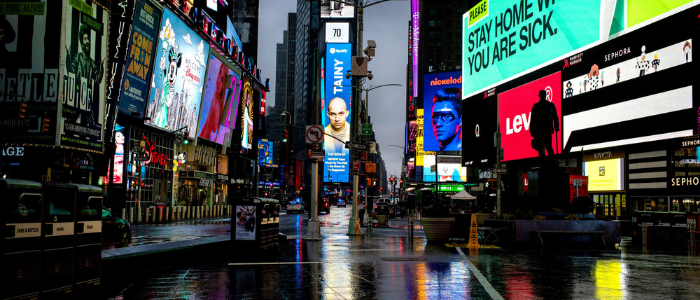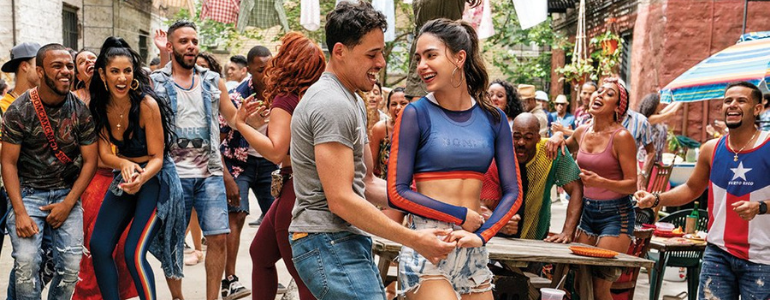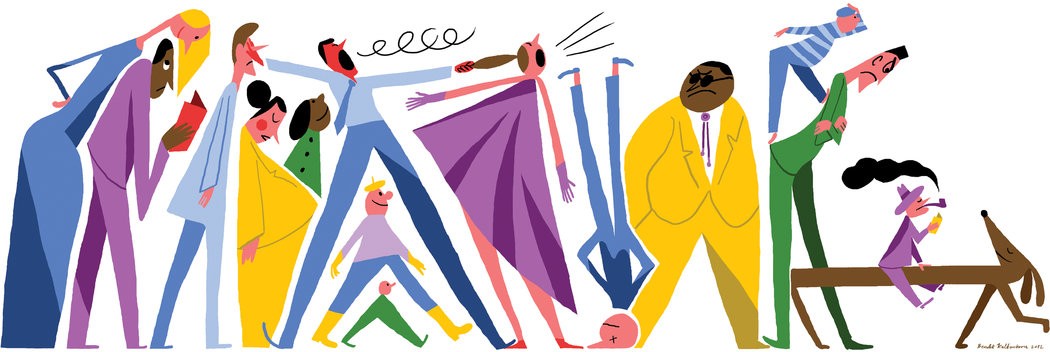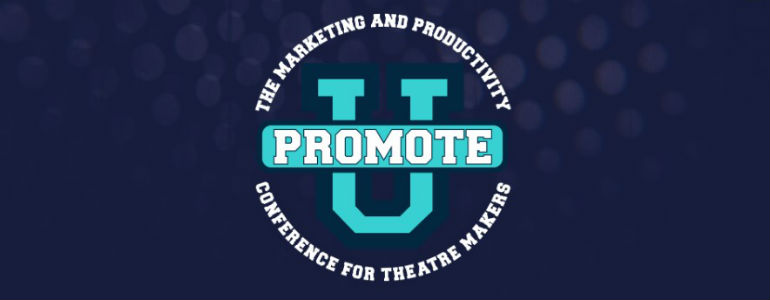The Mass Turnpike and a Ticket Broker sitting in a tree . . .
. . . both making M-O-N-E-Y.
I snapped a picture of the red super-sized bumper sticker you see above at a a toll booth right outside of downtown Boston.
At first I thought it was a rogue “stickering campaign,” but then I noticed that the same red sticker was on the window of every toll booth at the exit . . . on the front window and the side window! This was no guerrilla marketing stunt. This was an official, high profile, and expensive “outdoor media buy.”
I’m sure AceTickets.com paid big for this placement.
But who is AceTickets?
Well, their website admits that they are . . .
. . . a privately owned company in business to provide tickets
for sporting, concerts and theatre events and is not affiliated with
and is not licensed by any act, venue, promoter, league or team.”
They also make it semi clear that . . .
Our ticket prices are higher than the face value of the tickets.
Yep, if my educated assumptions are correct, the state of Massachusetts sold advertising space (where there usually isn’t advertising space) to an unofficial retailer of tickets to events like the Boston Celtics, The Boston Red Sox, and Broadway shows.
You probably would imagine that I’m pretty miffed at Mass, right?
Well, it bothers me a bit, but not because Mass did it. They needed the money and Ace was willing to pay it. Free market, capitalism, blah-blah-blah. And frankly, local theaters (like The Wang Center, etc.), couldn’t pay for that placement in their wildest facility fee-filled dreams.
What bothers me is that many of us are still trying to fight these brokers, screaming that they are the enemy of the state. Well, if the state of Massachusetts is going to take a broker’s money for advertising, if states like NY are going to repeal old scalping laws, and if companies like Ace are going to get huge write ups in the Boston Globe that include quotes like, “If the Celtics made it all the way to the finals, his [Ace CEO] profits might be enough to put his three children through college,” then the time has come to stop trying to throw pebbles at this problem.
It’s time to put our pebbles down and figure out how we can work together with the secondary market, or how we can change our ticketing business model so dramatically that the customers actually seek us out, and defy other alternatives. Merely educating customers that we’re “official” and even cheaper, isn’t working.
In fact, it reminds me a bit of the anti-smoking campaigns of the last 30 years. No matter what we do, and no matter how shocking it is, people still smoke, no matter how much education they get (Uh, it causes cancer . . . no, not possibly causes cancer, it just does). And people still smoke despite billions and billions of dollars of tobacco settlement dollars to spend, and government regulation, and cigarette taxes, and so on, and so on.
We don’t have those resources or that regulation to fight our war against “scalpers.” No, we have no outside monies, and we have governments selling them ad space!
It’s time to try something different, like sitting down with the secondaries, because sometimes, when one thing isn’t working, you have to try the exact opposite.
And maybe together, we can break the billion dollar mark.
I’ll be speaking at two secondary market ticketing conferences in July.
I’ll let you know if the brokers see “love, marriage and a baby carriage” in our future as well.
Podcasting
Ken created one of the first Broadway podcasts, recording over 250 episodes over 7 years. It features interviews with A-listers in the theater about how they “made it”, including 2 Pulitzer Prize Winners, 7 Academy Award Winners and 76 Tony Award winners. Notable guests include Pasek & Paul, Kenny Leon, Lynn Ahrens and more.















